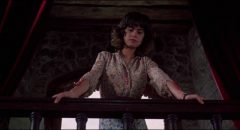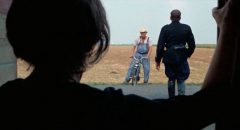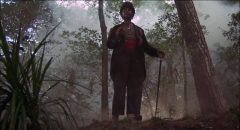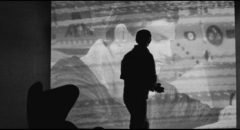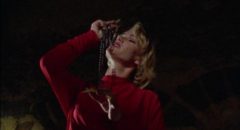
Social isolation and “working from home” mean a lot of time for movie-watching … and the volume far outstrips my ability to say anything substantive about many of the films I do watch: so here I mostly just acknowledge what I’ve been viewing in the past 4-6 weeks. Part one of four.

